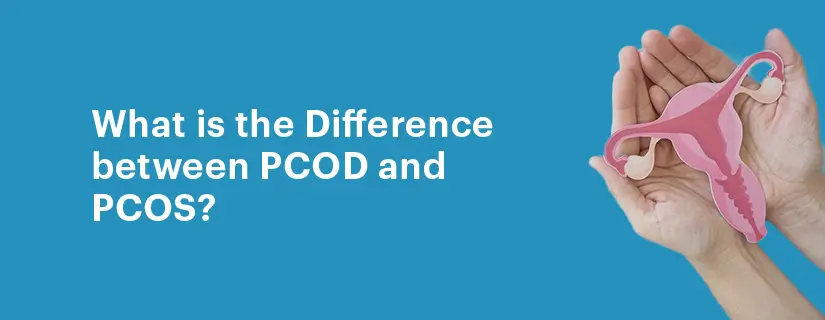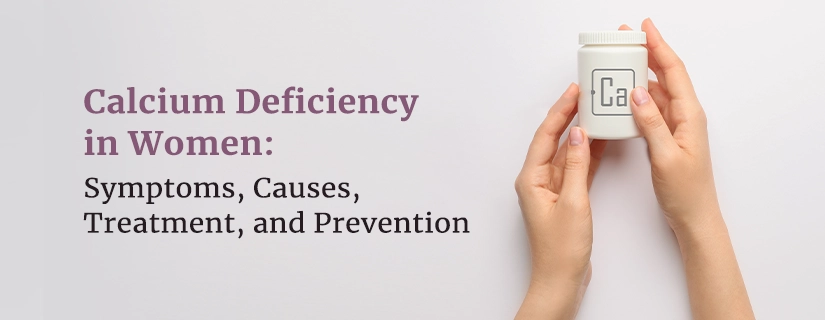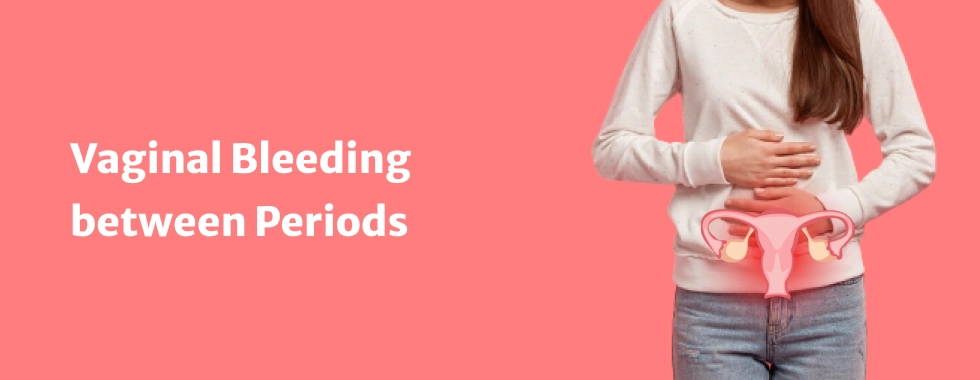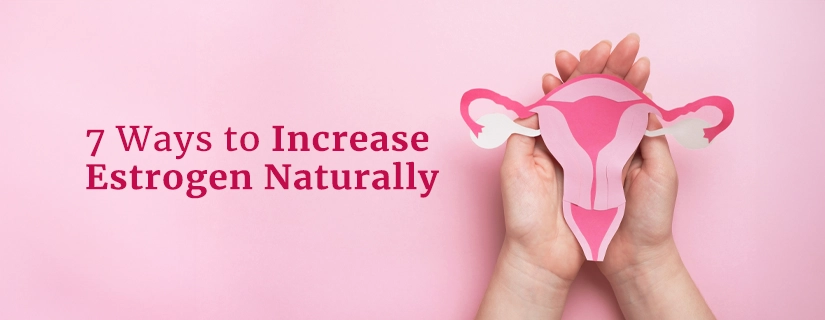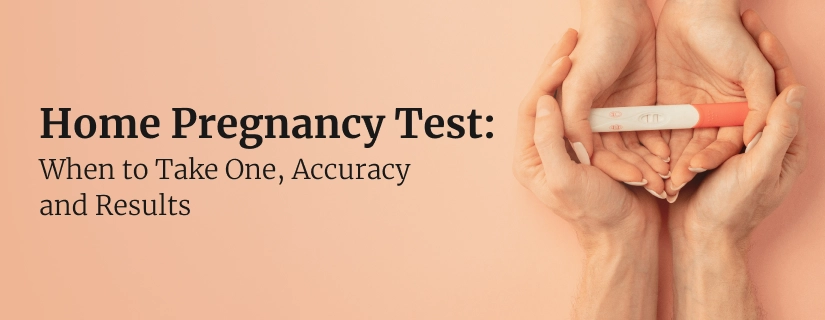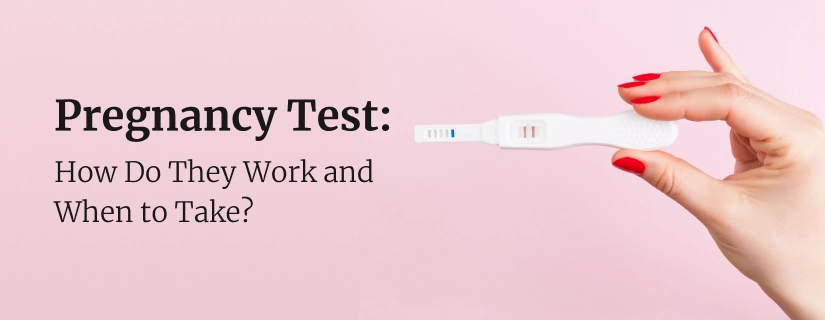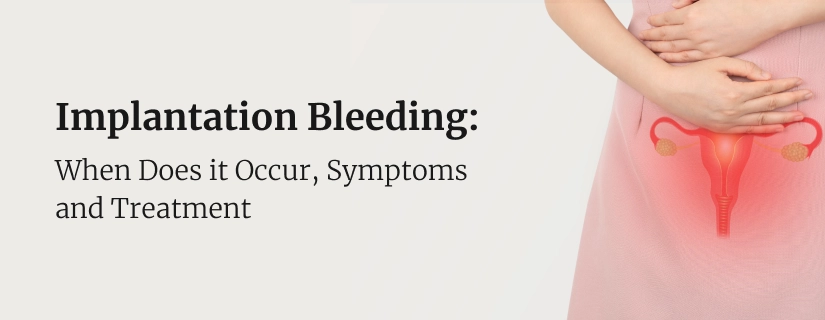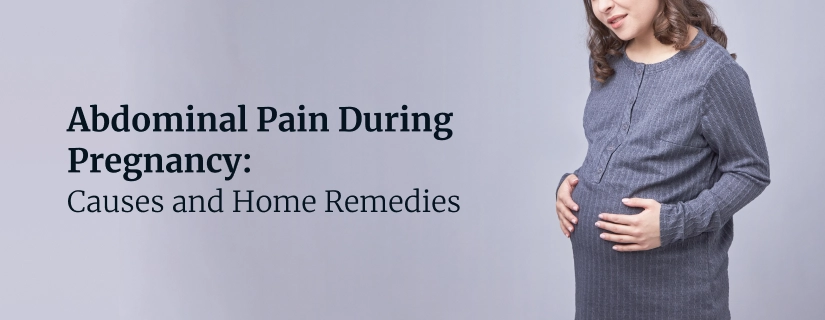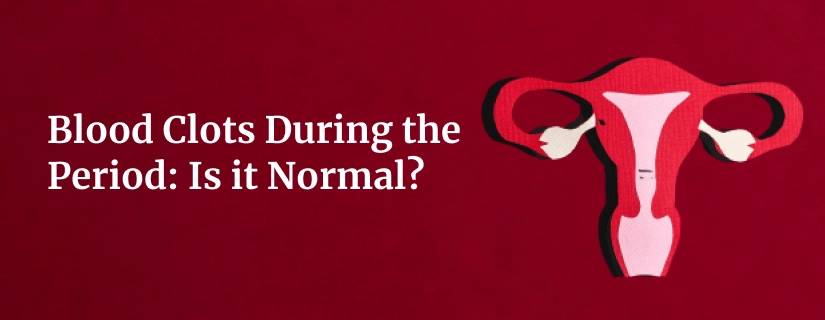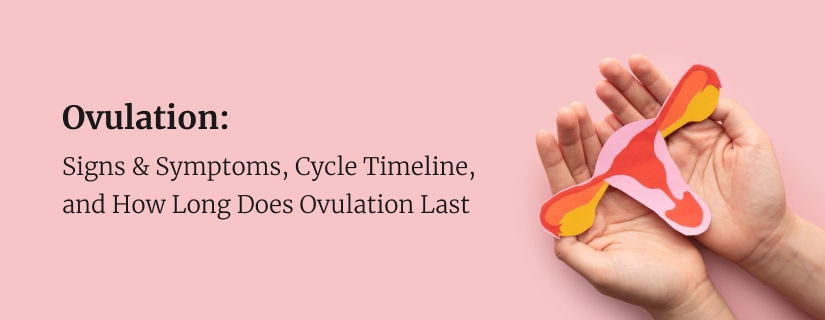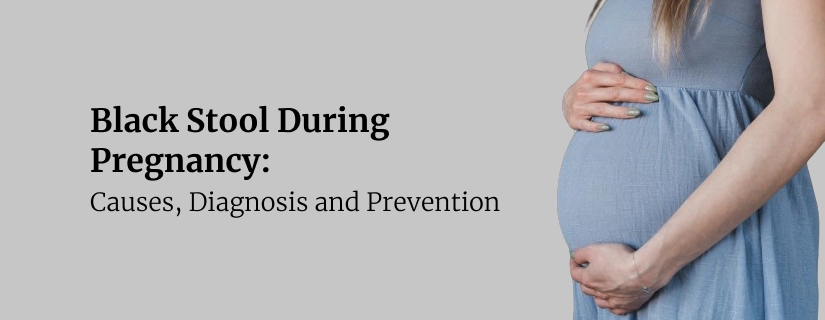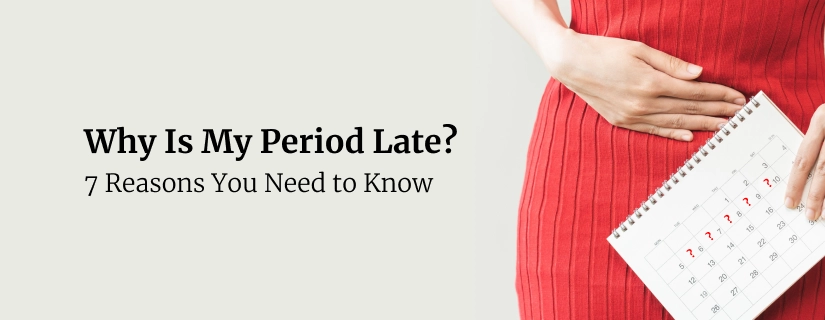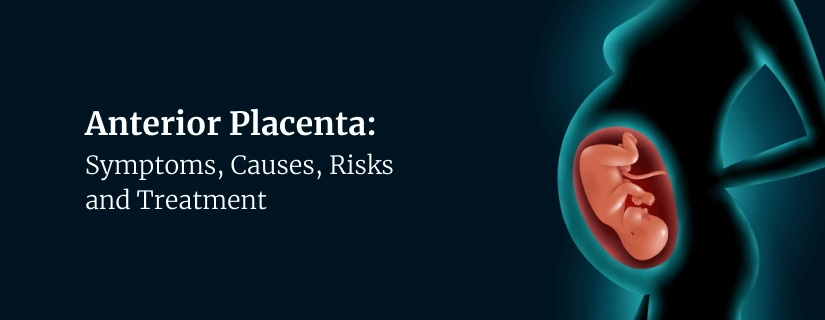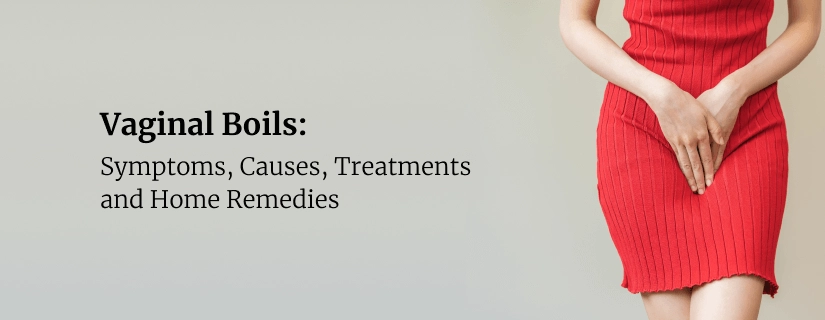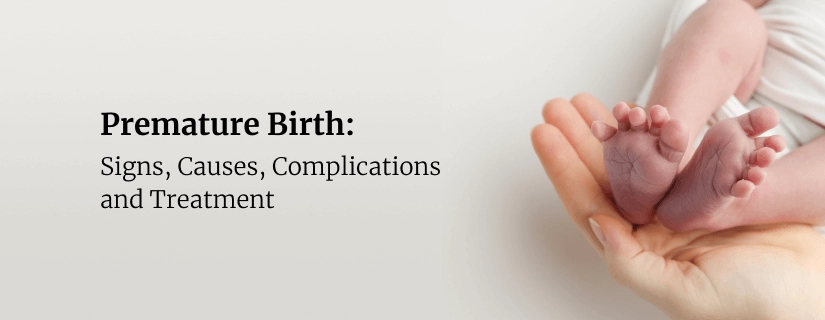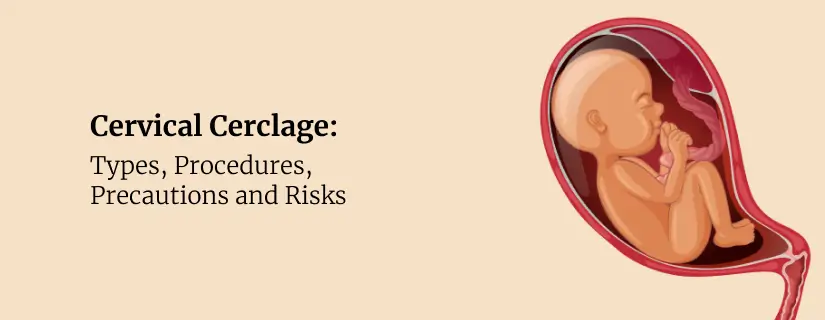-
Doctors
-
Specialities & Treatments
Centre of Excellence
Specialties
Treatments and Procedures
Hospitals & Directions HyderabadCARE Hospitals, Banjara Hills CARE Outpatient Centre, Banjara Hills CARE Hospitals, HITEC City CARE Hospitals, Nampally Gurunanak CARE Hospitals, Musheerabad CARE Hospitals Outpatient Centre, HITEC City CARE Hospitals, Malakpet
HyderabadCARE Hospitals, Banjara Hills CARE Outpatient Centre, Banjara Hills CARE Hospitals, HITEC City CARE Hospitals, Nampally Gurunanak CARE Hospitals, Musheerabad CARE Hospitals Outpatient Centre, HITEC City CARE Hospitals, Malakpet Raipur
Raipur
 Bhubaneswar
Bhubaneswar Visakhapatnam
Visakhapatnam
 Nagpur
Nagpur
 Indore
Indore
 Chh. Sambhajinagar
Chh. SambhajinagarClinics & Medical Centers
Book an AppointmentContact Us
Online Lab Reports
Book an Appointment
Consult Super-Specialist Doctors at CARE Hospitals
Understanding Lighter Periods: Causes, Symptoms, and Solutions
Updated on 22 October 2024
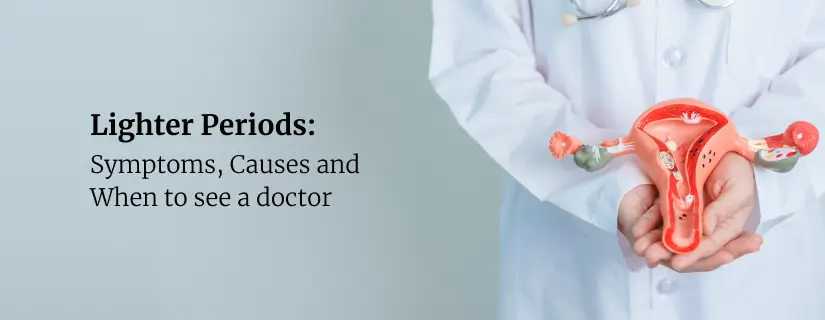
Menstrual cycles vary from woman to woman, and it's not uncommon to experience lighter periods than usual at times. While a light period may not seem like a cause for concern, it's essential to understand the potential causes & when to seek medical attention. In this article, we'll explore the reasons behind lighter periods and the associated symptoms and provide practical solutions to help manage this common issue.
Is it Normal to Have a Light Period?
Lighter periods, also known as hypomenorrhoea, are generally considered normal and can be experienced by many women at some point in their lives. The amount of menstrual flow can fluctuate from cycle to cycle, and a lighter period does not necessarily indicate an underlying health problem. However, if the change in flow is significant or persistent, it's essential to understand the potential causes and seek medical advice if necessary.
Causes of Light Periods
The following are some common reasons for lighter periods, including:
- Hormonal Changes: Fluctuations in oestrogen & progesterone levels can lead to lighter periods. This can occur during puberty, perimenopause, or due to polycystic ovary syndrome (PCOS) or thyroid imbalances.
- Stress and Lifestyle Factors: High levels of stress, significant weight changes, excessive exercise, or a change in birth control methods can all impact the menstrual cycle and result in lighter periods than normal.
- Medical Conditions: Sometimes uterine fibroids, endometriosis, or pelvic inflammatory disease can cause lighter periods by affecting the uterine lining.
- Medications: Some medications, including certain antidepressants, blood thinners, and hormonal contraceptives, can contribute to lighter periods as a side effect.
- Age and Reproductive Stages: Lighter periods are common during the teenage years, as the menstrual cycle is still regulating, and during the approach to menopause, as the ovaries start producing less oestrogen.
Symptoms of a Light Period
The primary symptom of a lighter period is a reduction in menstrual flow. This can manifest in various ways, including:
- Period getting lighter and shorter (fewer than three days)
- Lighter flow that requires fewer sanitary products
- Reduced clotting or tissue discharge
- Decreased cramping or other menstrual discomforts
Risk Factors
Certain factors can increase the susceptibility of the lighter period, including:
- Age: As mentioned earlier, lighter periods are common during the teenage years and the approach to menopause.
- Stress: High-stress levels can disrupt the delicate hormonal balance and lead to lighter periods.
- Weight Changes: Weight loss or gain can affect the menstrual cycle & result in lighter periods.
- Medications: Certain medications, such as hormonal contraceptives, can cause lighter periods as a side effect.
- Underlying Medical Conditions: Conditions like PCOS, thyroid disorders, or uterine fibroids can contribute to lighter periods.
When to Contact a Doctor
While lighter periods are often not a cause for concern, there are certain situations where it's recommended to seek medical advice:
- Persistent or Significant Changes: If the lighter period lasts more than a few cycles or the change in flow is significant, it's a good idea to consult a doctor.
- Accompanying Symptoms: If the lighter period is accompanied by other symptoms, such as severe cramps, irregular cycles, or abnormal bleeding, it's essential to seek medical attention.
- Risk Factors or Underlying Conditions: Regular check-ups with a doctor are recommended if you have diseases or risk factors that may cause lighter periods.
Conclusion
Lighter periods can be a common and normal occurrence for many women, but it's essential to understand the causes and when to seek medical attention. By recognising the symptoms and addressing any underlying issues, you can take steps to manage lighter periods and maintain a healthy menstrual cycle.
FAQ's
1. Is a lighter period always a sign of a problem?
No, a lighter period is not necessarily a sign of a problem. Lighter periods can be normal and occur for various reasons, such as hormonal changes, stress, or lifestyle factors.
2. What can I do to manage a lighter period?
Some practical solutions to manage a lighter period include:
- Tracking your menstrual cycle to identify patterns
- Practising stress management techniques
- Maintaining a healthy diet and exercise routine
- Considering adjustments to your birth control method
- Consulting a doctor if the issue persists or you have concerns
3. Can a lighter period be a sign of pregnancy?
No, a lighter period is generally not a sign of pregnancy. Pregnancy typically causes a missed or delayed period, not a lighter one. If you have concerns about your menstrual cycle and pregnancy, it's best to consult a doctor.
4. Can low iron cause lighter periods?
While a lighter period can sometimes indicate low iron levels (anaemia), it's not always the case. Lighter periods can have various causes, and low iron is just one of the potential factors. If you're concerned about your iron levels, it's best to consult a doctor for an assessment and appropriate treatment.

Dr. Sonal Lathi
MBBS, MD, DNB
United CIIGMA Hospitals (A unit of CARE Hospitals), Chh. Sambhajinagar
To Book an Appointment, call:
ENQUIRY FORM
SELECT CATEGORIES
-
Neurosciences (16)
-
Neurology (37)
-
Neurosurgery (14)
-
Orthopaedics (48)
-
Oncology (33)
-
Obstetrics and gynecology (51)
-
Pulmonology (23)
-
Urology (20)
-
Nephrology (13)
-
Psychiatry (7)
-
Dietetics and Nutrition (111)
-
General Medicine (63)
-
Cardiac Sciences (30)
-
Vascular & Endovascular Surgery and Interventional Radiology (10)
-
Gastroenterology (46)
-
Endocrinology (23)
-
Plastic Surgery (10)
-
Critical Care Medicine (5)
-
COVID-19 (16)
-
Dermatology (16)
-
Emergency Care (1)
-
Ophthalmology (4)
-
Pediatrics (14)
-
Laparoscopic and Bariatric Surgery (8)
-
ENT (15)
-
Kidney Transplant (1)
-
Liver Transplantation and Hepatobiliary Surgery (5)
-
General Surgery (3)
-
Internal Medicine (5)
-
Medicine Information
Menopause: Stages, Symptoms and Treatments
What is a Good AMH Level to Get Pregnant
YOU MAY ALSO LIKE
RECENT BLOGS
-

Direct Anterior Approach in Total Hip Replacement: Advantages and Challenges
10 April 2025
Read More
-

Zinc Deficiency: Signs and Symptoms, Causes, Treatment
9 April 2025
Read More
-

Chest Pain When Coughing: Causes, Treatment and Home Remedies
9 April 2025
Read More
-

12 Health Benefits of Eating Mushrooms
8 April 2025
Read More
-

7 Health Benefits of Blood Donation You Should Know About
8 April 2025
Read More
-

Implantation Bleeding Vs Periods: Know the Difference
28 February 2025
Read More
-

Bloating During Ovulation: Symptoms, Causes and Remedies
28 February 2025
Read More
-

Itching During Dengue: Causes, Treatment and Home Remedies
18 February 2025
Read More
Have a Question?
If you cannot find answers to your queries, please fill out the enquiry form or call the number below. We will contact you shortly.

















